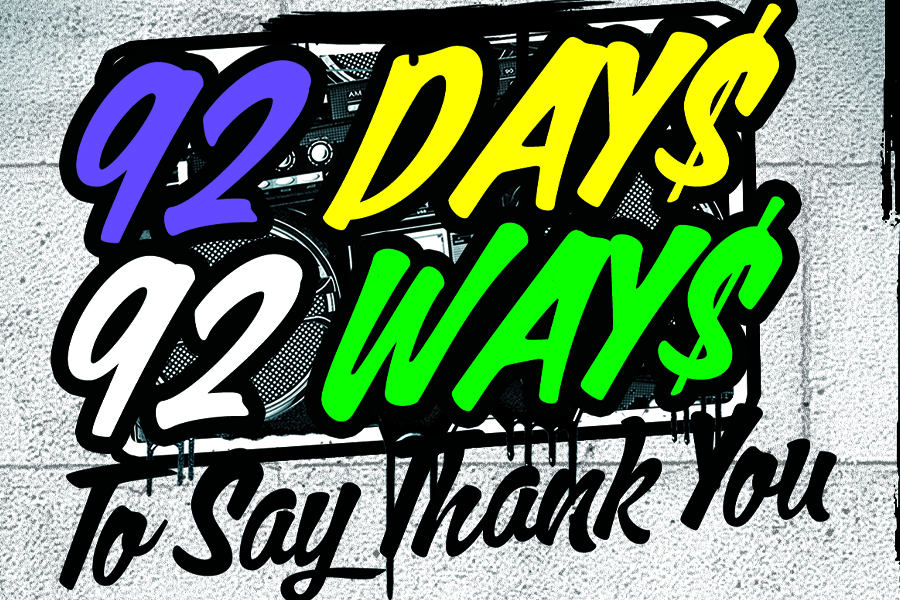New law requires operators of certain boats to be physically connected to engine cut-off switch
WASHINGTON, D.C. (WCBD) – The United States Coast Guard (USCG) this week announced that as of April 1, 2021, some boat owners will have to be physically tied to an engine cut-off switch.
The new law applies to “operators of recreational vessels less than 26 feet in length,” who will now be “required to use an engine cut-off switch (ECOS) and associated ECOS link (ECOSL).”
The requirements are meant to prevent runaway vessels:
“Each year the Coast Guard receives reports of recreational vessel operators who fall or are suddenly and unexpectedly thrown out of their boat. These events have led to injuries and deaths. During these incidents the boat continues to operate with no one in control of the vessel, leaving the operator stranded in the water as the boat continues on course, or the boat begins to circle the person in the water eventually striking them, often with the propeller. These dangerous runaway vessel situations put the ejected operator, other users of the waterway, and marine law enforcement officers and other first responders in serious danger.”
ECOSL’s are cords that attach at one end to the boat operator, and at the other end to the engine cut-off switch. This way, if the operator falls off the boat, the boat stops in place.
An electronic option is also available, which uses “an electronic ‘fob’ that is carried by the operator and senses when it is submerged in water, activating the ECOS and turning the engine off.”
According to the USCG, most boats already have an ECOS, so the new requirement should be fairly easy to implement.




